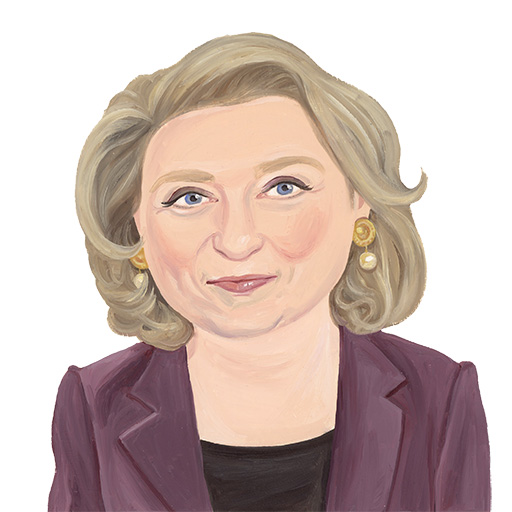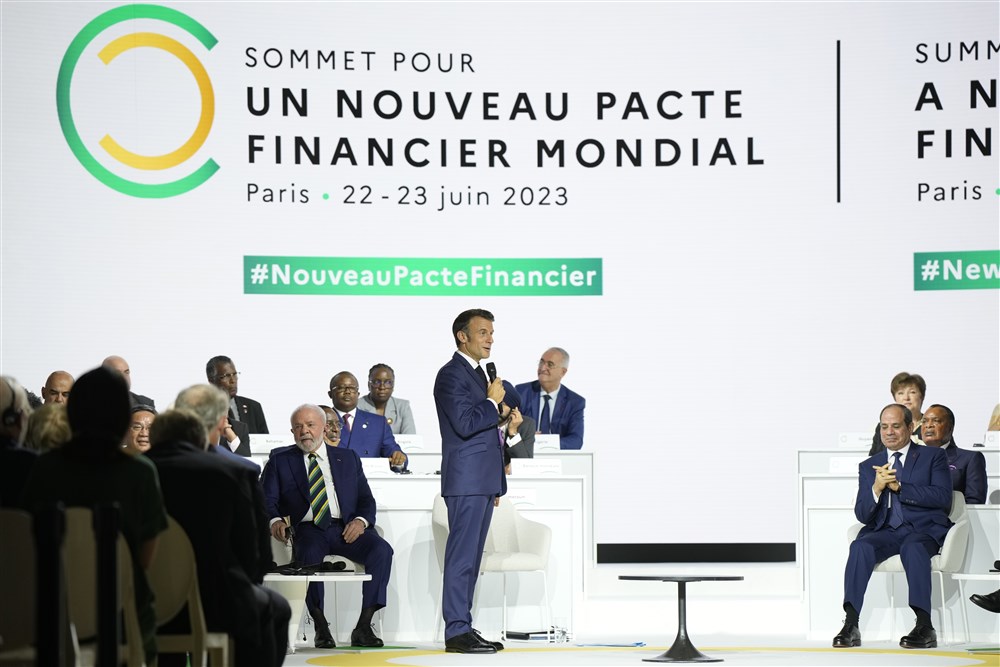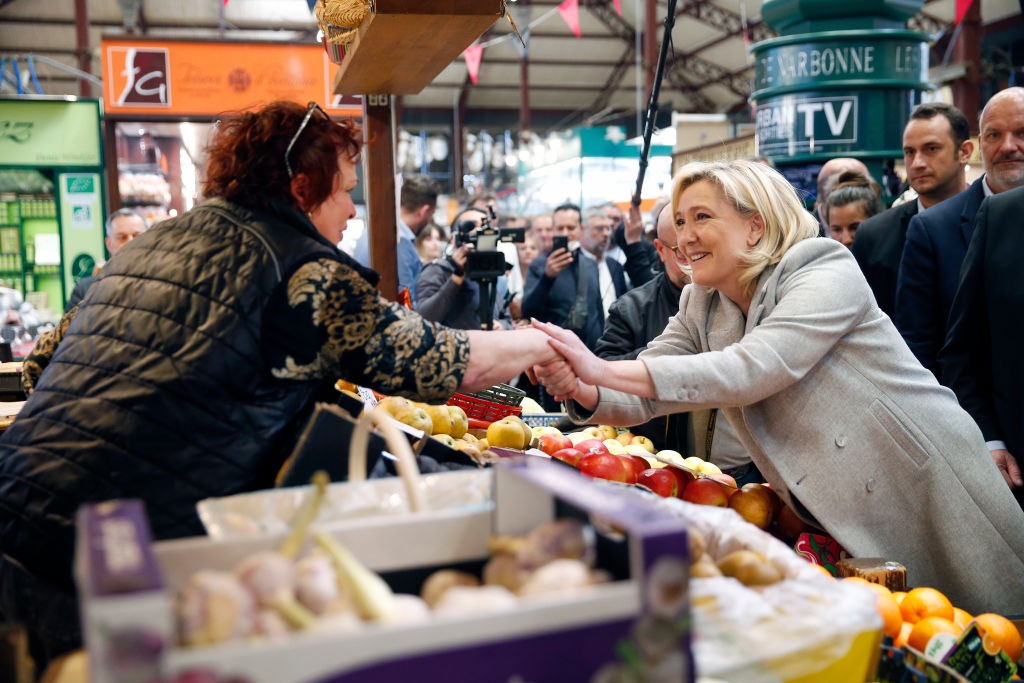As usual, Emmanuel Macron’s timing was atrocious. Last Tuesday King Mohammed VI of Morocco was visiting victims of the massive earthquake in Marrakech’s University hospital.

At that moment the French president, piqued that France’s offer of humanitarian aid was still “under consideration” after four days (while British and Spanish aid teams were immediately welcomed), took to X (formerly Twitter) with a 1’41” video addressing directly the “Moroccan People”.
“France is at your side,” he intoned, framed in front of an Élysée Palace window. “I wish that the controversies which divide and complicate matters at such a tragic time could be silenced, out of respect for everyone… France can help. Naturally it is up to HM the King and the Moroccan government, to decide in full sovereignty how international aid is organised…that is absolutely normal…”
That Macron, who once trained to become a classical actor, fully intended his hypocritical antiphrasis, was a given in Rabat, where the French president’s name has been mud for a couple of years now.
In the King’s circle, there were no harsh enough words for what was seen as a direct attack. “He wanted to undermine the King, by going over his head! He mentioned specifically ‘Moroccan-French’ citizens, as if he were fishing for votes among a rival constituency. He released his video at the moment when the King was donating blood at the hospital. He mentioned ‘sovereignty’ as if he was granting it from a position of superior power.”

The désamour between France and Morocco, once the best of allies (Morocco’s post colonial ire was mostly concentrated on Spain) started under president François Hollande.
Then the Kingdom’s spy chief, Abdellatif Hammouchi, visiting Paris in the course of a decades-old Moroccan-French counter-terrorism collaboration, was served a subpoena on accusations of using torture to extract confessions between 2008 and 2010.
The investigations were later dropped and François Hollande, who valued Morocco’s help in the year of the Charlie Hebdo and Bataclan terrorist attacks, eventually made Hammouchi an Officier de la Légion d’Honneur, as a kind of extra-judicial compensation, in 2015.
Emmanuel Macron’s 2017 presidential win initially sparked hopes of a reconciliation. This didn’t last long: the youthful French president, whose upset victory was built on post-party politics and who picked from the parliamentary Right and Left equally to build his new movement, believed he could run France’s foreign policy in the same “En même temps” (“On both sides”) mode.
In the Maghreb, this meant being friends with both Algeria and Morocco — Algeria being key to French interests both because its nationals and their French children are the most numerous minority in France, and because Algeria is the world’s second producer of natural gas.
It failed spectacularly and severally. For one thing, it would take more than encouraging noises in Paris to reconcile the two African neighbours, who are at odds on many things but especially the Western Sahara question.
A former part of Spanish-colonised Morocco, a chunk of it was re-annexed by the Kingdom in 1976-1979 and has since been claimed by an Algiers-based liberation front, the Polisario, who hold the smaller, western part in an unrecognised, Algeria friendly state. Western Sahara is still a colony of Spain in the UN’s books, even though Morocco had been in charge of most of it since the 1975 Madrid accords with the former colonial power.
France, unlike the United States, refuses to acknowledge the Moroccan claim to Western Sahara. This has been a serious bone of contention since the 2016 American recognition statement.
For another, the Algerian government, which hasn’t changed since independence in 1962 (until recently, it was still headed by the same leaders, the last of whom, Abdelaziz Bouteflika, died two years ago aged 84), have always found it expedient to accuse France and French colonialism of every ill befalling their country.
Over the decades, France has conceded aid, fast-tracked visas, innumerable preferred-nation dispositions, to no discernible benefit. Even though Macron, from his first presidential campaign, made statements calculated to court both Algiers and the French-Algerian community vote, like “France committed crimes against humanity in Algeria”, it was never enough.
Morocco has taken an increasingly jaundiced view of Macron’s unrequited Algerian wooing — and has been worrying about the dangers it creates on its Western border.
This may explain Morocco’s alleged use of an Israeli spyware system called Pegasus to listen to the phones of French officials, including Macron’s own unsecured mobile. Unbelievably, the French president had kept the same number since his banker years.
When the story broke in 2021, the French president called King Mohammed VI — who denied all tapping of his phone. Some say Macron called the King a liar to his face, which went down very badly.
“The King of Morocco is not Macron’s mate”, a palace adviser, who would neither confirm nor deny the slur, tells Brussels Signal. “He is our absolute ruler, descended from the Prophet. No-one addresses him familiarly.”
This same adviser told me that the King was incensed at a social media video showing the King coming out at night from a Paris restaurant with friends, supposedly drunk. “You think the King’s private visits to France are not monitored by the French security services? This was done on purpose, by your spooks.”
He also reminded me that the King suffers from a debilitating illness regularly treated in private French hospitals, which causes him to stumble on occasion.
The consequences for France extend far beyond the Maghreb. Morocco is the de facto gateway to Europe for French-speaking Africa. As French-allied governments fall to coups one after the other in the sub-Sahara, Morocco has ceased to support Paris, to advocate for American solutions to stabilise the continent without falling into Russian clutches or Chinese financial obligations.
“Washington has a leading role to play,” says the influential media baron and leading Moroccan intellectual Ahmed Charai. “It has no colonial liabilities, can encourage investment linked to accompanying policies for strengthening democracy and fighting corruption; could offer a framework for more transparent investment in mining and energy, which would ensure ordinary Africans, not the elites, would take the lion’s share of the returns. America has the credibility to stabilize African currencies, perhaps pegged to the US$.”
The subtext here is that la Françafrique, the system in which French companies saw Africa as their natural market, is becoming a thing of the past — in the eyes of the continent’s once best ally.






Who does France memorialise? Macron is about to discover that historical narratives are more complex than political communication plans